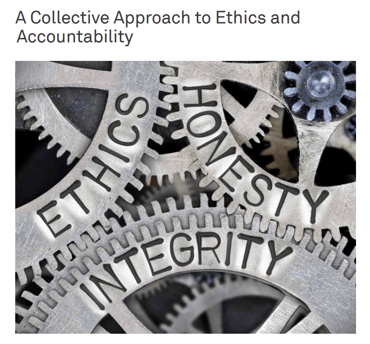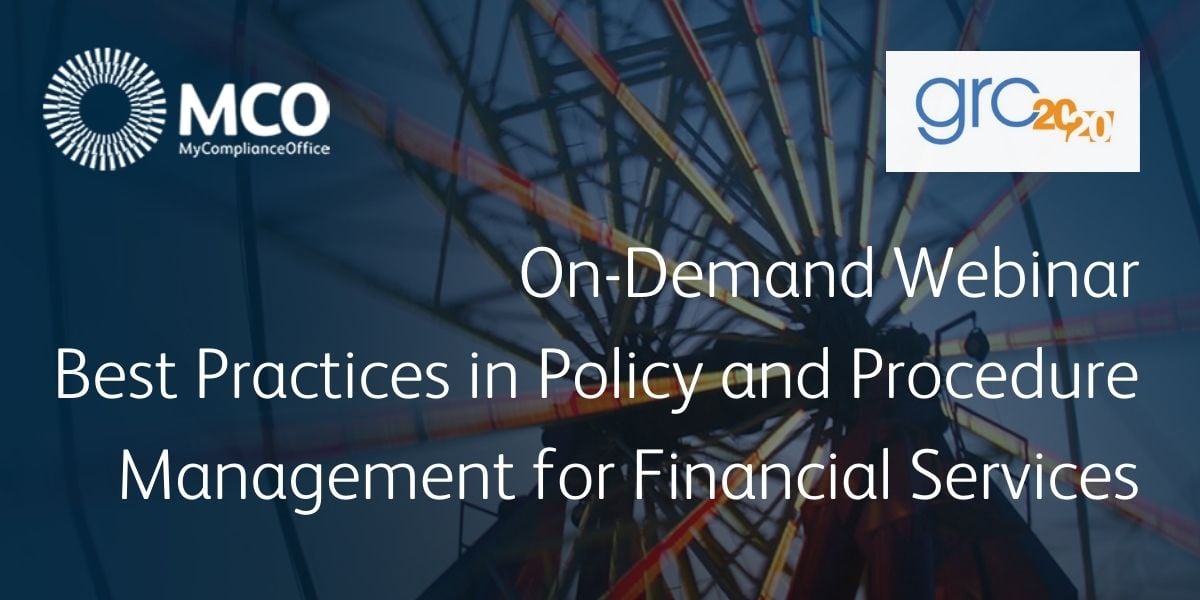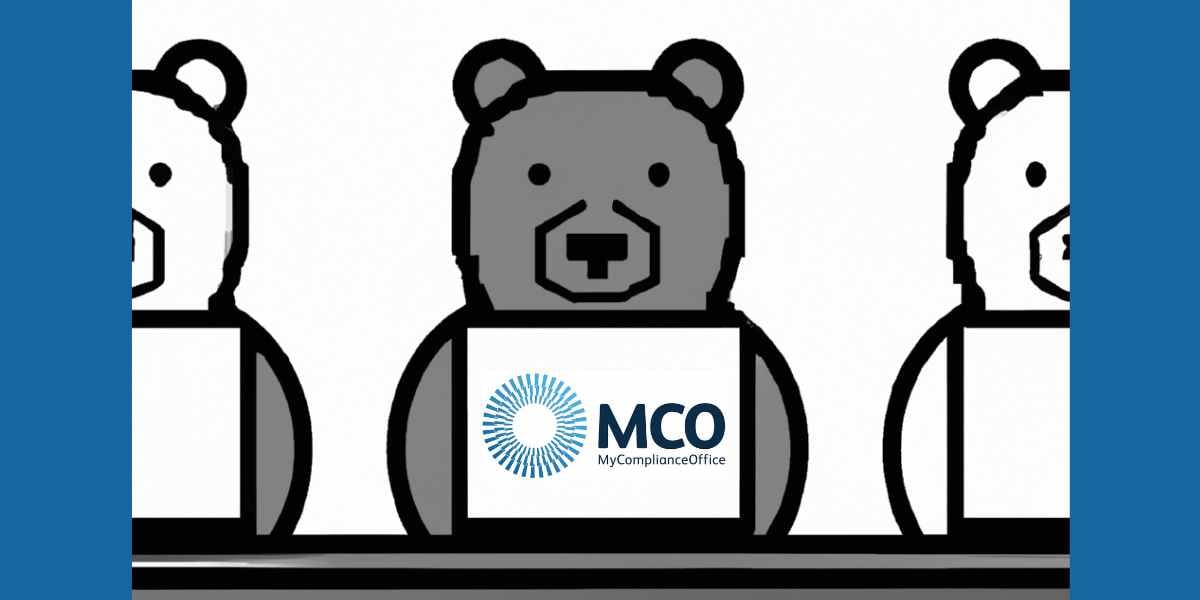The rise of the Omicron variant has seen many large financial services firms postponing return to office plans. With remote and hybrid employees now the norm, the pandemic has already changed the way large financial services firms work.
What has this meant for conduct oversight?
During the webinar Conduct, Compliance and Ethics in Capital Markets, an executive panel with speakers from FINRA, Northern Trust Corporation, MCO and Coalition Greenwich discussed how the evolving landscape of work has impacted culture and conduct risk.
Technology has allowed the market to keep functioning, enabling remote work. On the conduct risk side, technology provides the checks and balances that help to verify that employees are not using remote work as an opportunity to evade the company’s policies and procedures.
In-person interactions impart trust. Working in an office surrounded by other people also reinforces to anyone considering inappropriate conduct that they are being watched, by compliance, other employees and senior management. Technology is critical in filling that gap. A surveillance system lets anyone around the edges know that their conduct is being watched and discourages rouge and nefarious behavior.
Does your employee have another job as they work remote during the pandemic?
According to Coalition Greenwich, spending on trade surveillance technology was expected to reach $1.5bn in 2021, a 23% increase from 2020. MCO CEO Brian Fahey noted that he has seen firms taking projects related to surveillance and monitoring off the back burner, as investments are accelerated to meet the needs of both a remote workforce and increasing regulatory scrutiny.
Technology and surveillance provide the guardrails for a firm, but at the end of the day culture and the tone from the top have the strongest impact on a firm’s conduct risk profile. Much of culture is carried by community. And what happens to a firm’s culture when employees no longer interact with each other face to face? As Stacy Bolton, Senior Vice President & Chief Risk Officer, Corporate & Institutional Services at Northern Trust Corporation, asked “Can you carry a company’s culture on Zoom?”
Bolton also noted that often “the meeting after the meeting”, or the informal conversations that happen on the way out of the room, are often even more important than the agenda itself. The ability for Compliance to walk around the office, connect with people and keep a watchful eye on what’s going on is lost when the workforce is remote.
In broader discussions about culture, Steven Polansky, Senior Director of Member Supervision at FINRA notes that the key is not just to focus on preventing misconduct and catching bad actors, but also on realizing the benefits of an ethical culture, including better decision making, employee retention, and recruitment.
The panel also reinforced how critical it is for compliance to be involved in areas like new products and services right from the ideation phase. Compliance provides the needed structure to stay within the regulatory guidelines. It’s often a challenge to get Compliance to the table early in the process. And it can be even more challenging to know what’s happening and get to that table when all of the meetings are remote.
According to Polansky, surveillance technology is not just critical in finding and stopping misconduct – it also demonstrates to regulators that you have a culture of compliance in place. Polansky also notes that how firms manage conflicts of interest can also be demonstrated by a firm’s incentive structures. What people are rewarded or penalized for sends a message that how the firm wins business matters. For example, Bolton points out if an employee wins business with Gifts and Entertainment violations it puts the whole firm at risk. That’s why it’s so important for Compliance to set those guardrails that make sure that policies and procedures align with the firm’s core business values. Learn more about managing employee gift and entertainment policies.
Culture is also a core part of ESG, an area of increasing importance across the industry. According to Kevin McPartland, Head of Market Structure and Technology Research at Coalition Greenwich, regulators are looking for better disclosures and investors are looking for high ESG scores. Ethical culture and conduct is a key component of that ESG scoring. Bolton notes that the ‘G’, or Governance’ part is important to stakeholders ranging from employees to counterparties to investors. He also notes that ‘ethical companies tend to do better.” Learn more about ESG compliance.
Fahey pointed out that the focus on ESG is part of a broader trend within the Financial Services industry. And it goes beyond just the conduct of the firm itself. Investors want to know who’s in the firm’s ecosystem. Who are they doing business with and what are they investing in? Learn more about third party risk management.
And if you’d like to learn more about how MCO helps highly regulated firms better monitor, identify and remedy conflicts of interest and code of conduct issues contact us today.





